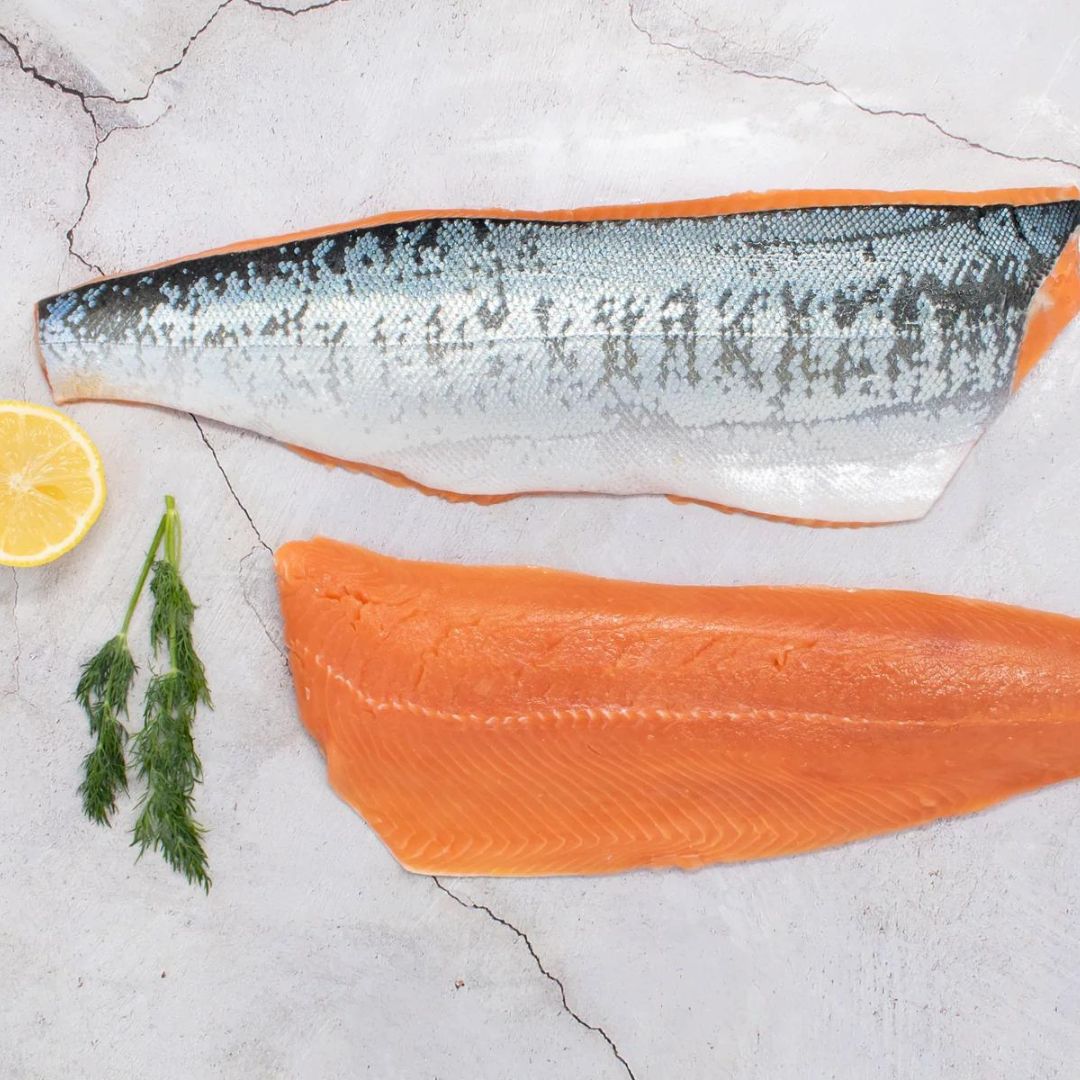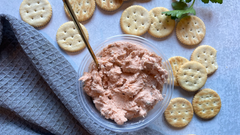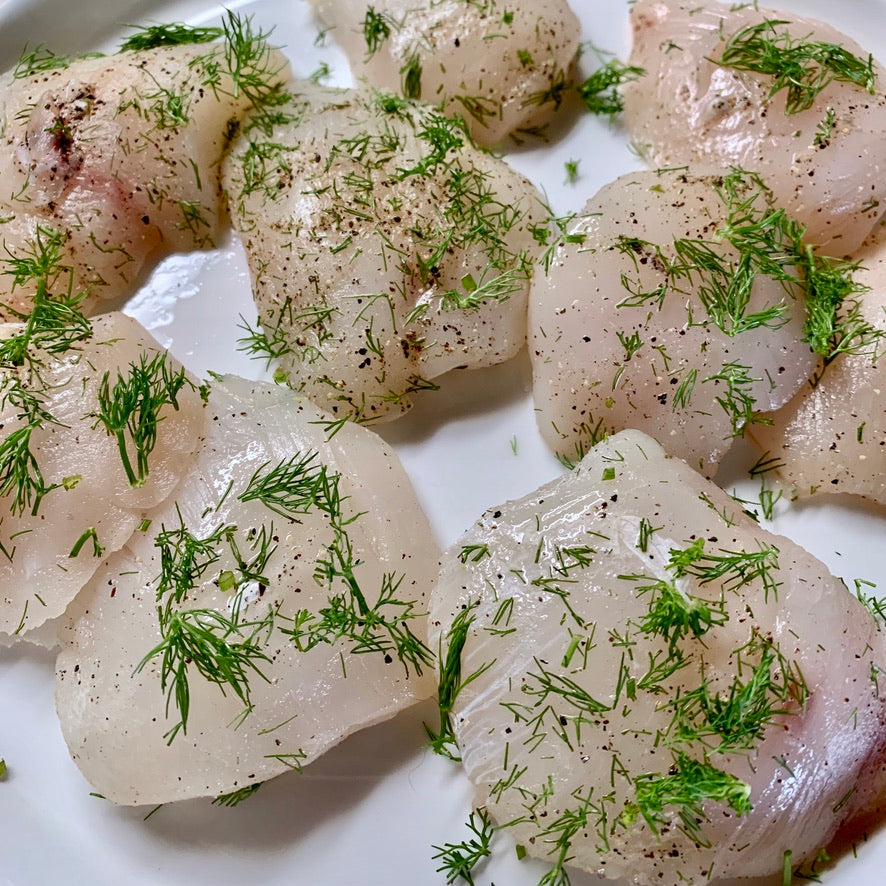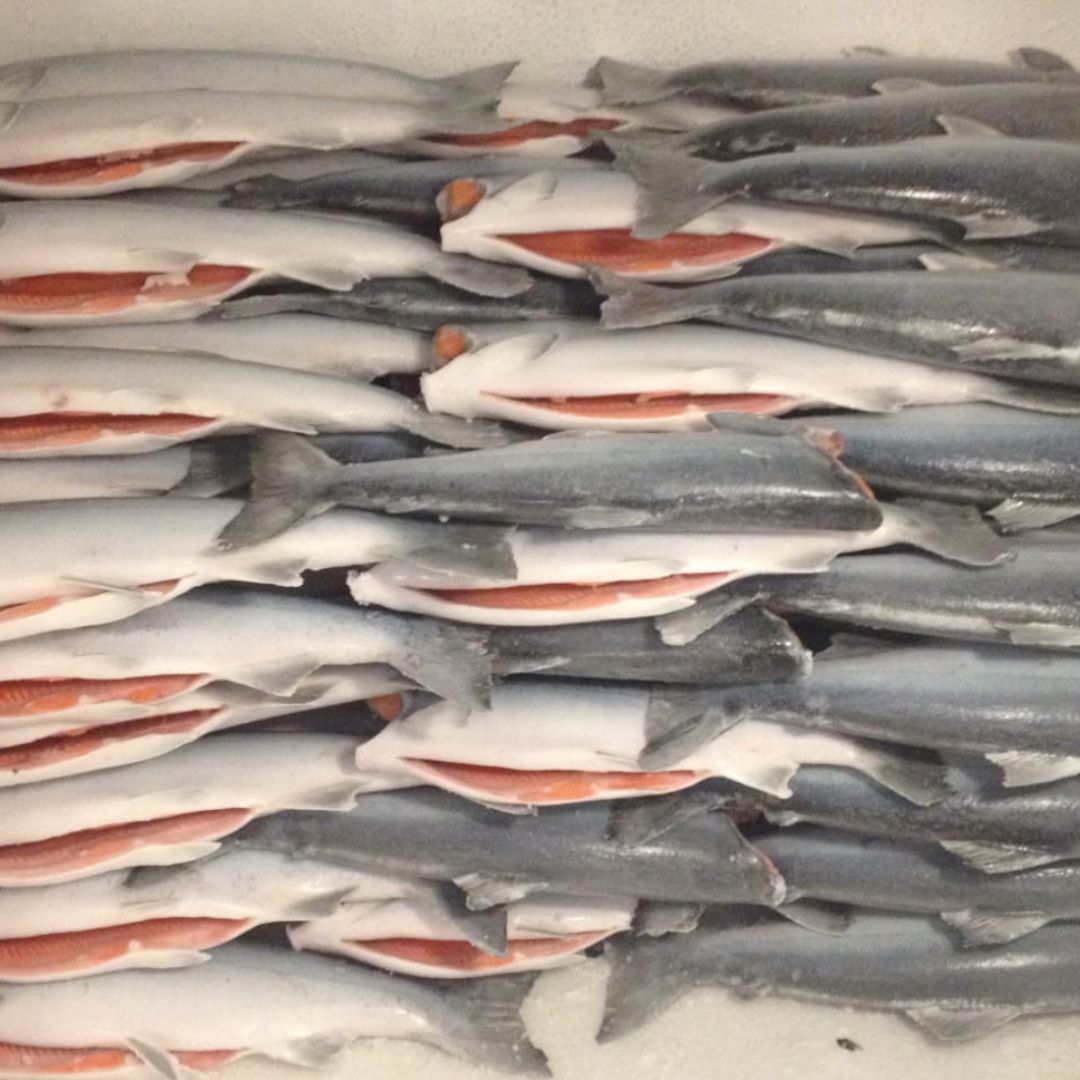When it comes to seafood, you've likely heard of popular choices like salmon, shrimp, or cod. But have you ever heard of halibut cheeks? These delectable morsels are a hidden gem in the world of seafood, cherished by those who've had the pleasure of trying them. If you're unfamiliar with halibut cheeks, you're in for a delightful surprise.
What Are Halibut Cheeks?
Halibut cheeks are a lesser-known, yet incredibly delicious part of the halibut fish. These small, tender muscles are found just below the eyes of the fish, and they're often considered the sweetest and most succulent part of the halibut. While the cheeks are relatively small compared to the rest of the fish, they pack a big punch in terms of flavor and texture.
What make Cheeks so Delicious?
Tender and Delicate Texture: Halibut cheeks are exceptionally tender and have a delicate, melt-in-your-mouth texture.
Sweet and Mild Flavor: Halibut cheeks have a naturally sweet and mild flavor, making them a versatile ingredient for various dishes. Their subtlety allows them to absorb flavors from seasonings and sauces beautifully.
Versatile in Cooking: Halibut cheeks can be pan-seared, grilled, baked, or used in various recipes. Their versatility makes them suitable for both simple preparations and gourmet dishes.
Nutrient-Rich: Halibut cheeks are not just delicious; they're also packed with essential nutrients, which we'll explore in the next section.
The nutrition facts for a 4-ounce (approximately 113 grams) serving of cooked halibut cheeks are approximately as follows:
- Calories: Approximately 94 calories
- Protein: Approximately 20 grams
- Fat: Approximately 1.3 grams
- Omega-3 Fatty Acids: Approximately 400 milligrams
- Vitamin B12: Approximately 133% of the recommended daily intake
- Selenium: Approximately 47% of the recommended daily intake
Please keep in mind that these values are still estimates and can vary depending on factors like preparation method and specific product variations. Nevertheless, they provide a good general idea of the nutritional content of halibut cheeks.
Health Benefits of Halibut Cheeks:
Protein Powerhouse: With a whopping 17 grams of protein per serving, halibut cheeks are an excellent source of this essential nutrient, crucial for muscle growth and repair.
Omega-3 Rich: These cheeks provide heart-healthy omega-3 fatty acids, supporting cardiovascular health and reducing inflammation.
Vitamin B12: Halibut cheeks are a top-notch source of vitamin B12, essential for brain health, nerve function, and energy production.
Selenium Source: Selenium is a mineral that is essential for the human body. It is classified as a trace element, meaning that the body only requires small amounts of it but those small amounts are crucial for various physiological processes. The benefits of Selenium, found in halibut cheeks, are powerful antioxidants, immune system support, support proper thyroid function, assists I reproduction is involved in DNA synthesis, repair, and protection.
So, if you're eager to try something new in the kitchen, consider giving halibut cheeks a shot. They're both delicious and nutritious, making them a fantastic addition to your meals. Whether you're an experienced seafood lover or just starting your culinary adventures, exploring the world of halibut cheeks is a tasty and easy choice. Need a recipe idea, check our our Zesty Lemon & Garlic Pan-Seared Halibut Cheek Recipe!




















